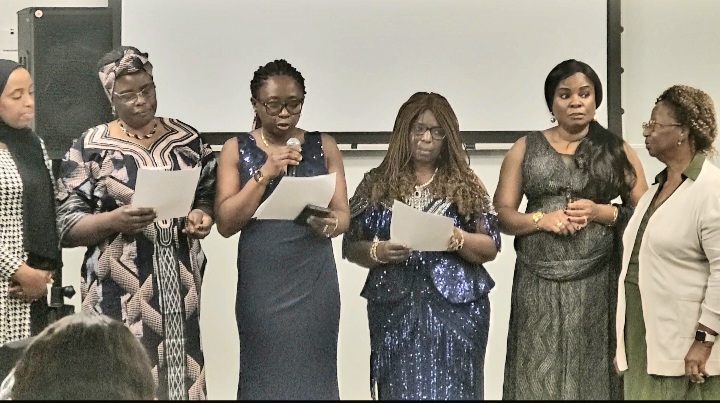Solidaridad has deployed more than 70 trained personnel to four states in Nigeria to help increase palm oil productivity.
The not for profit organisation said this is part of its effort to contribute to Nigeria’s attainment of self-sufficiency in palm oil production.
This is based on ecologically-sustainable land use practices that enhances Nigeria’s capacity to attain the Nationally Determined Contribution commitments in the Paris Agreement on Climate Change.
“Our interventions in the agriculture sector in Nigeria will not only strengthen and build the capacity of farmers for increase productivity. But will also contribute to the Covid-19 economic recovery plan of Nigeria as the country strives to build back its economy.”
Dr. Samuel Ogallah, Senior Climate Specialist for Africa/Country Technical Lead at Solidaridad.
He said that the agriculture sector in Nigeria is at a critical stage as the nation faces imminent food crisis in the wake of Covid-19 pandemic. This has affected food production with majority of smallholder farmers at the receiving end.
Digitization of Agriculture
Dr. Ogallah called for the digitization of the agriculture sector as part of the lessons learned from Covid-19 pandemic. He said the sector should also be given priority in the revision of Nigeria’s Nationally Determined Contribution (NDC) to the Paris Agreement.
In the deployment were more than 60 community facilitators and 12 Subject matter specialists.
Access to the right information that enables proper management farms for the best yield is a major challenge of smallholder oil palm farmers in Nigeria.
Solidaridad is bridging that knowledge gap with the trained community facilitators deployed to the rural communities.
Solidaridad implements Netherlands’ government funded National Initiatives for Sustainable and Climate-Smart Oil Palm Smallholders (NISCOPS) project in Akwa Ibom, Cross River, Enugu, and Kogi states.
Solidaridad is working in Nigeria to ensure self-sufficiency in palm oil and other commodities.






